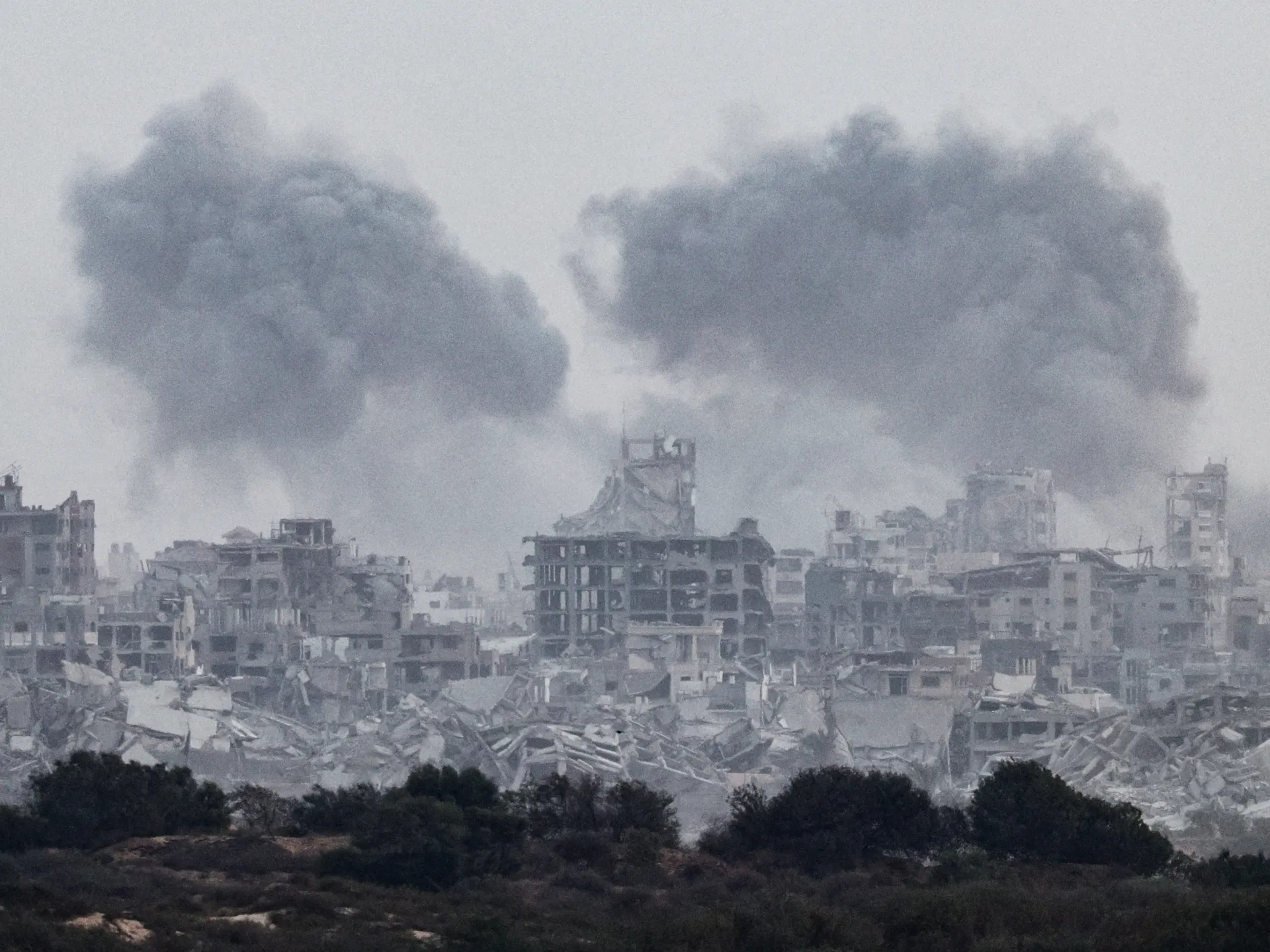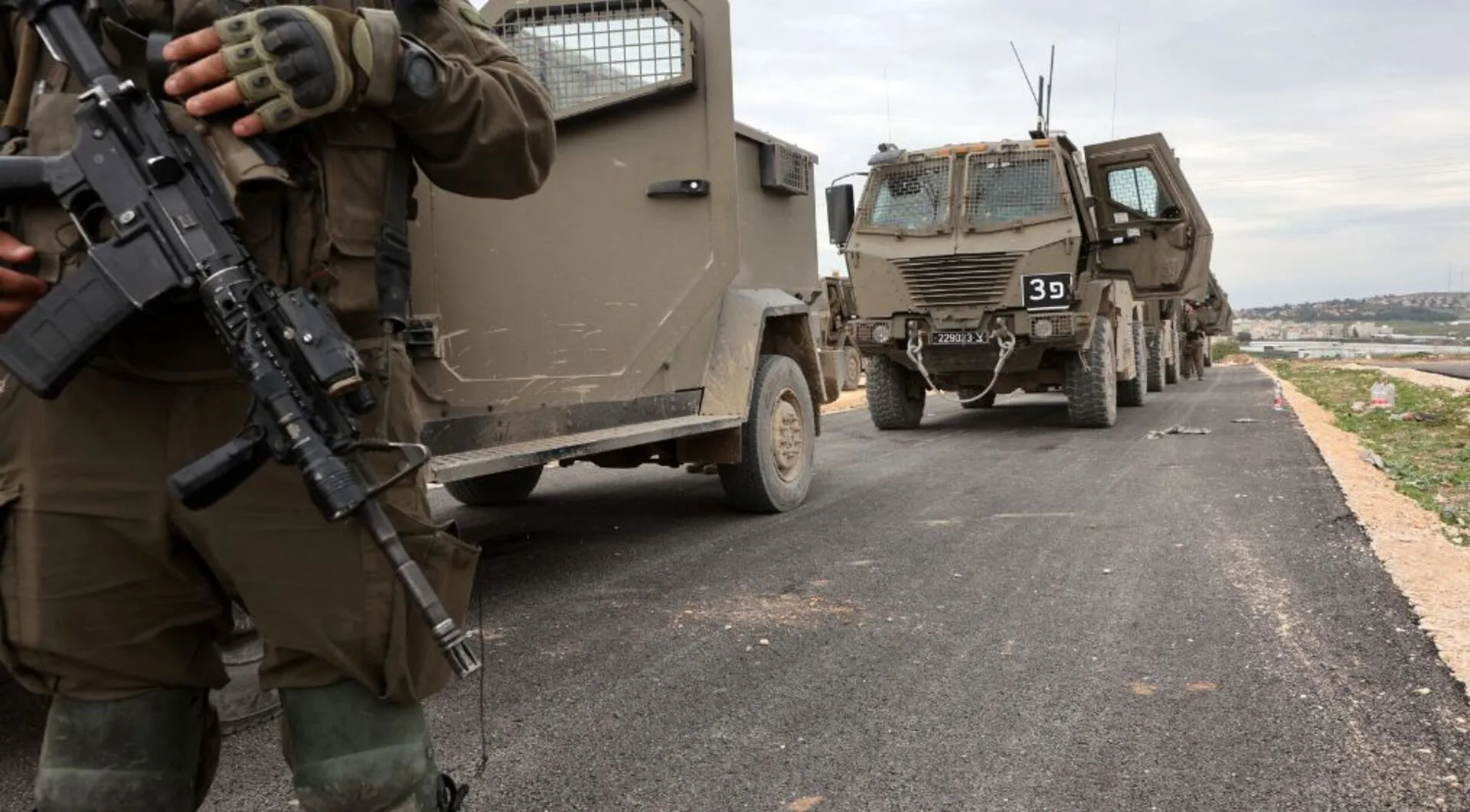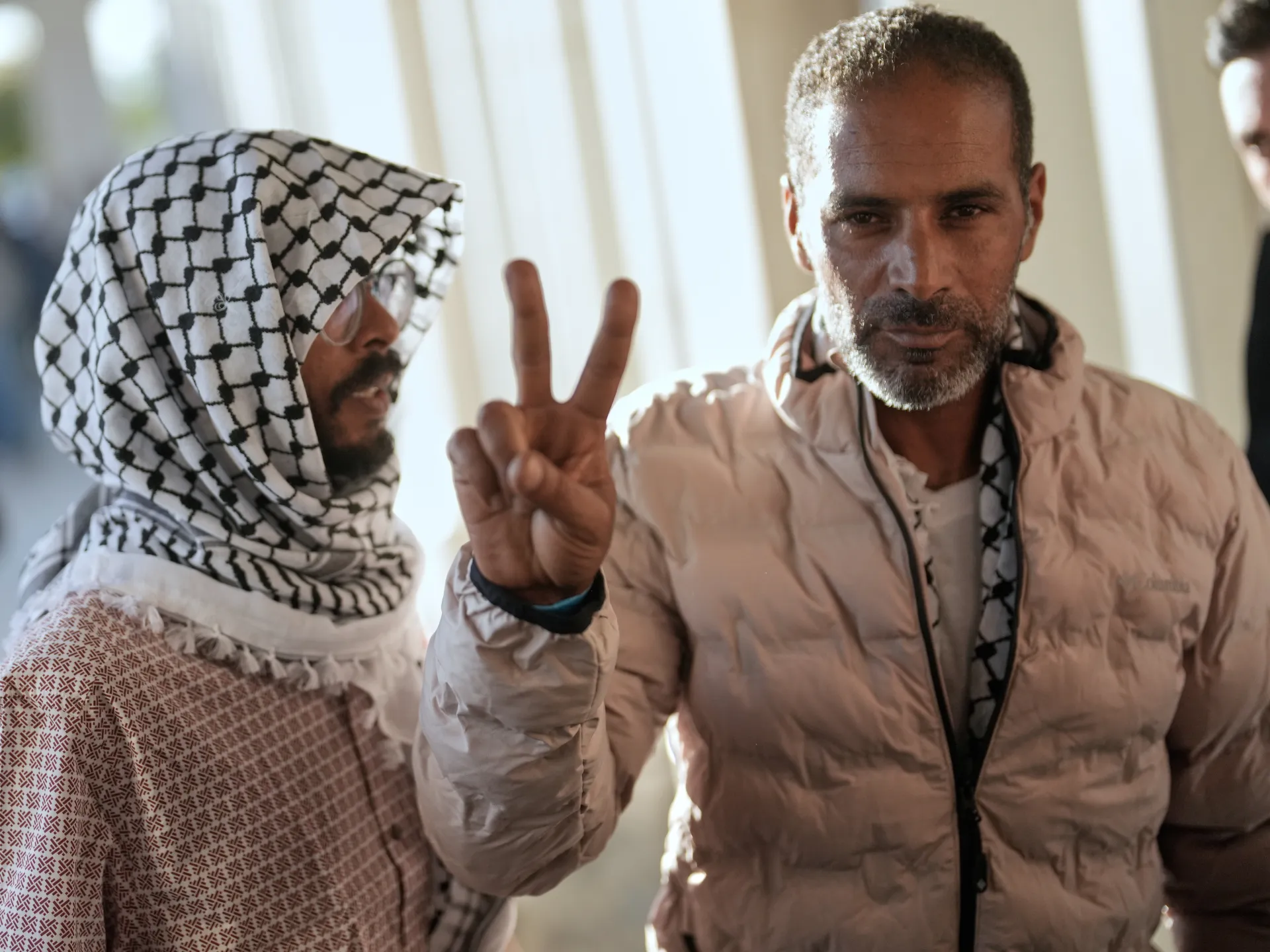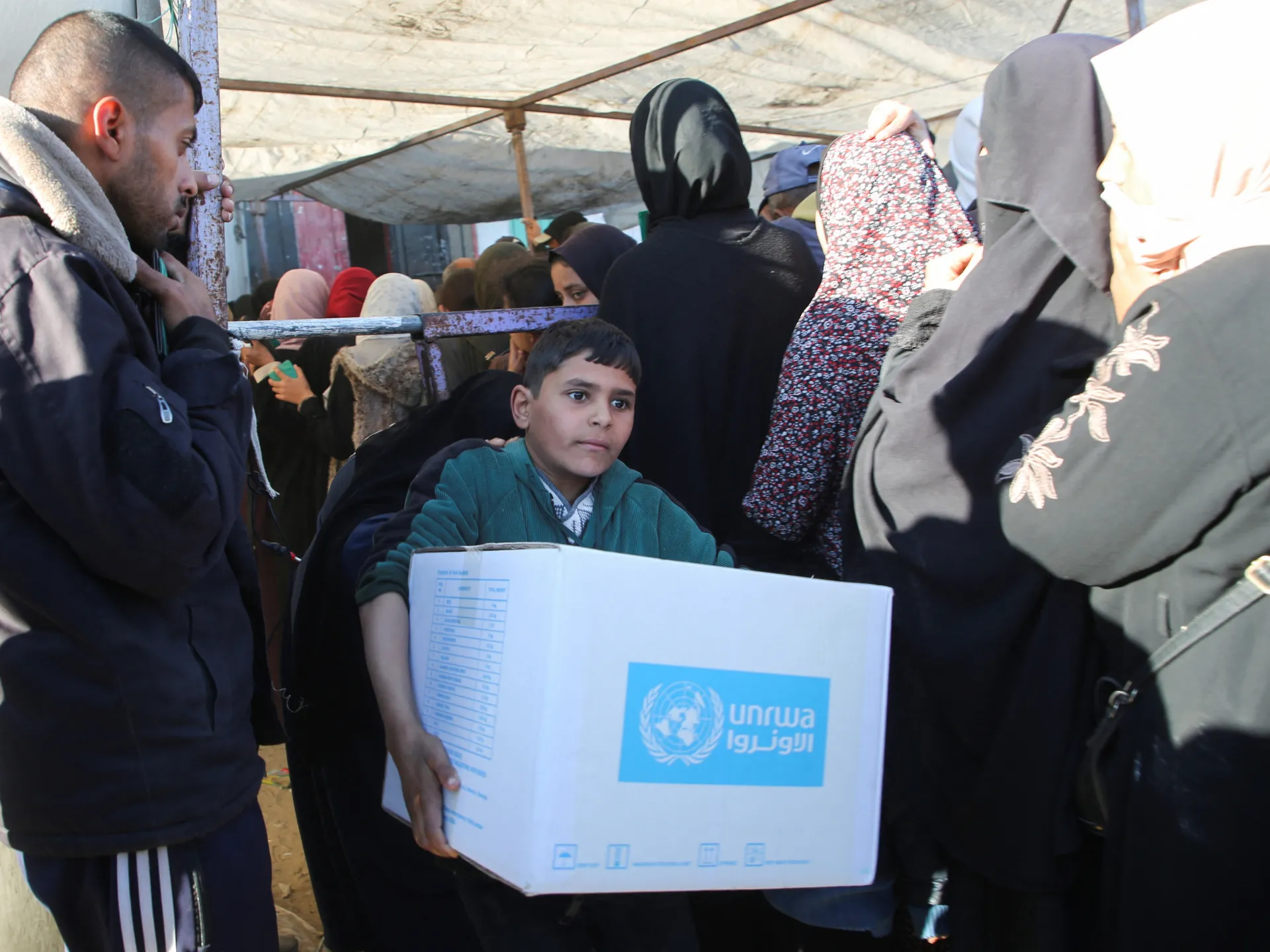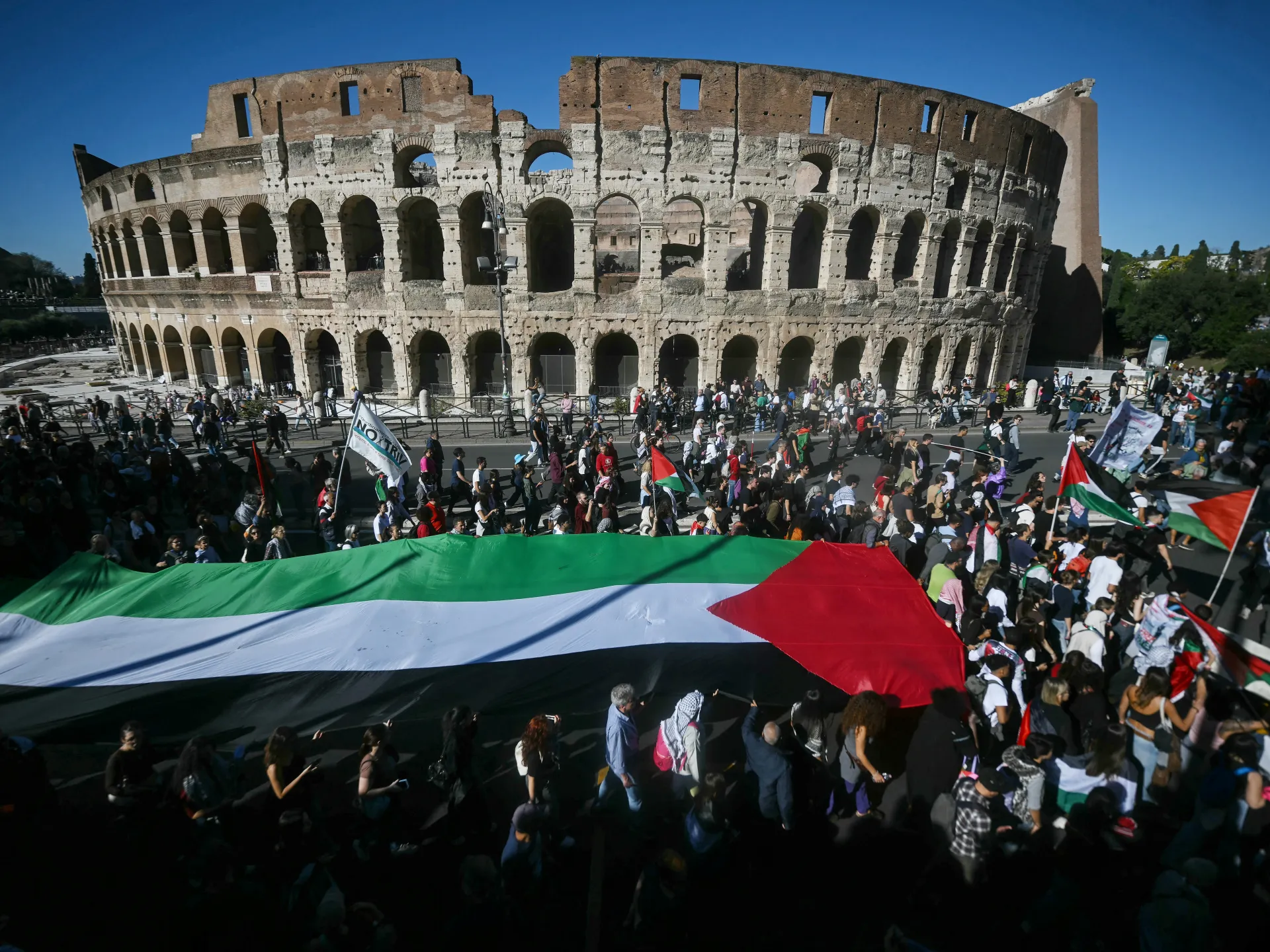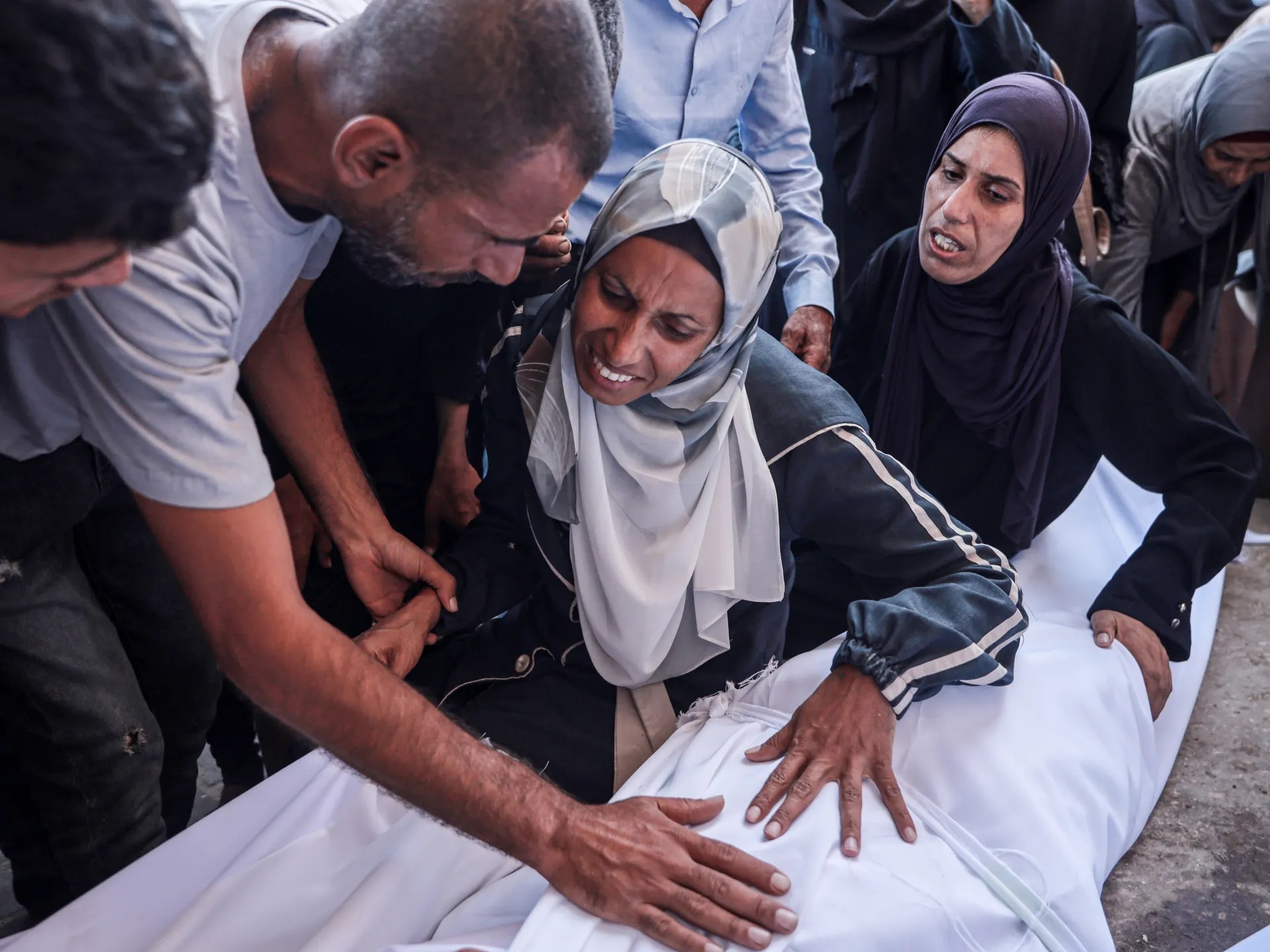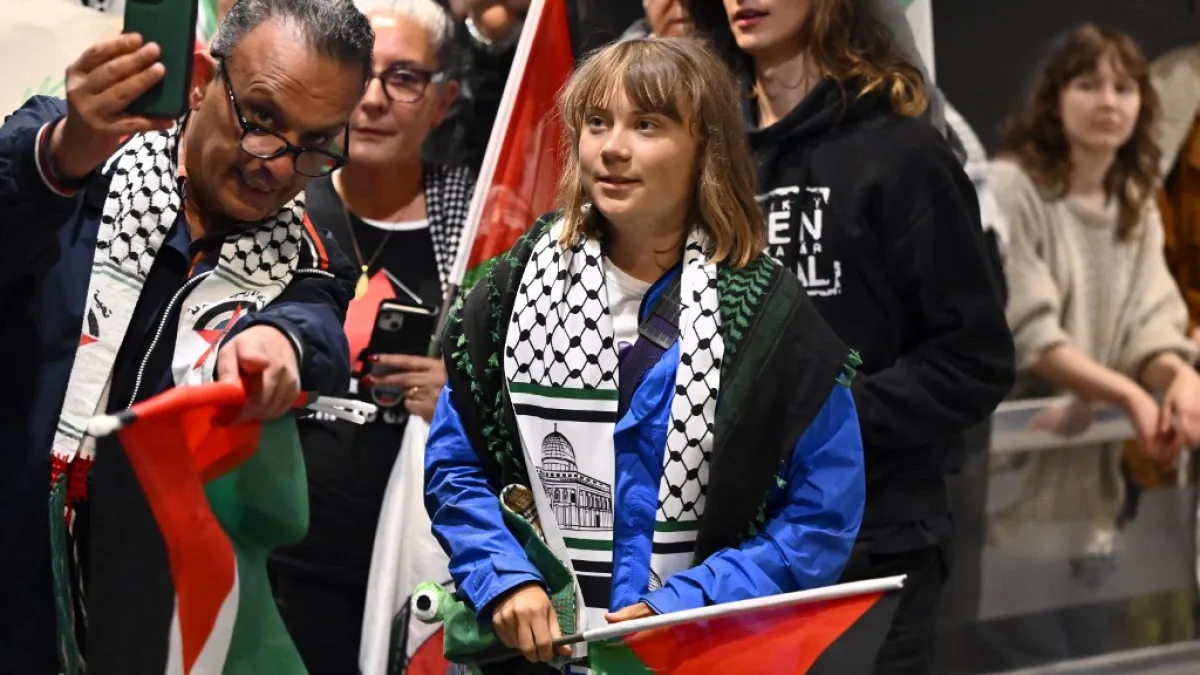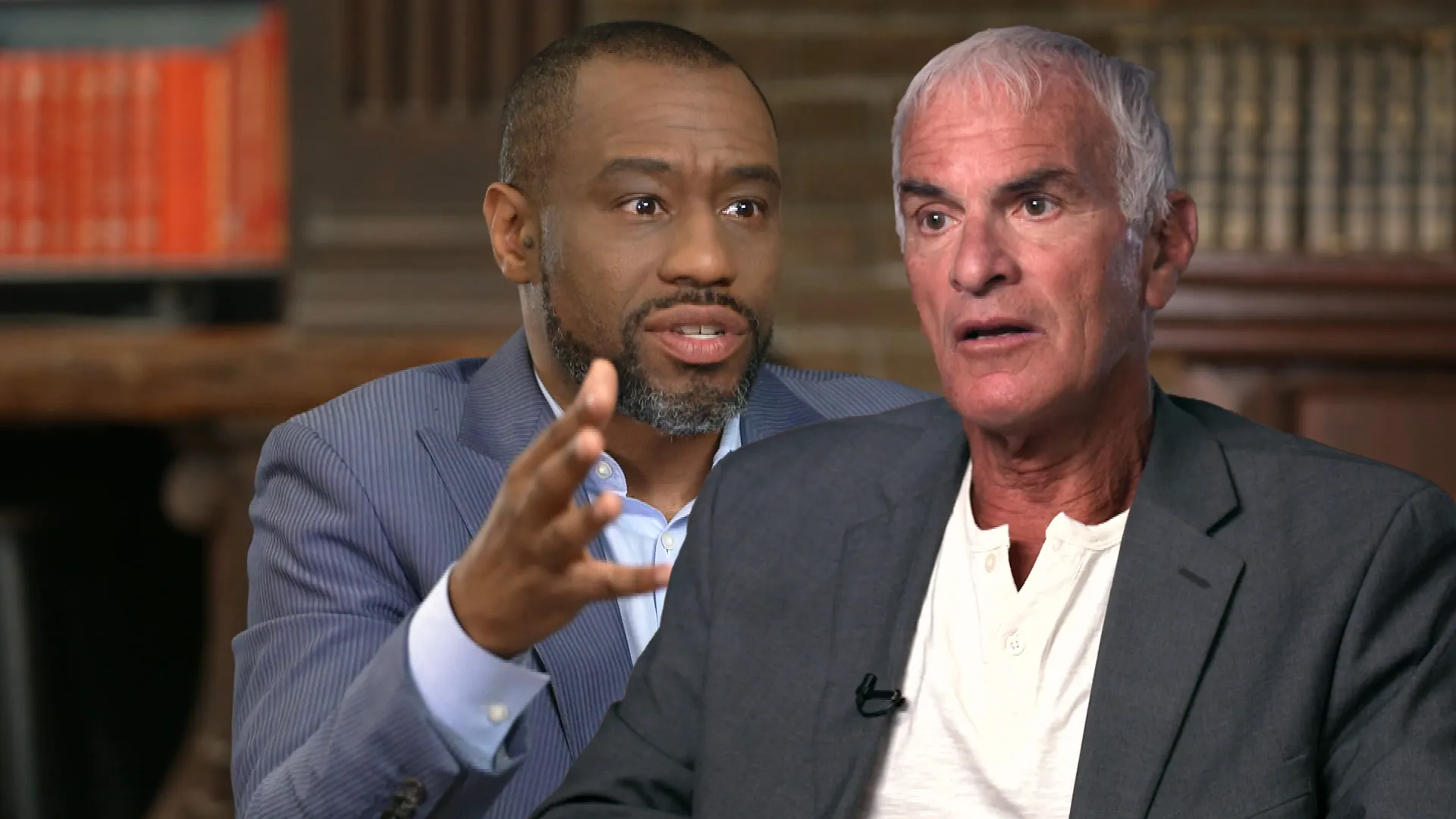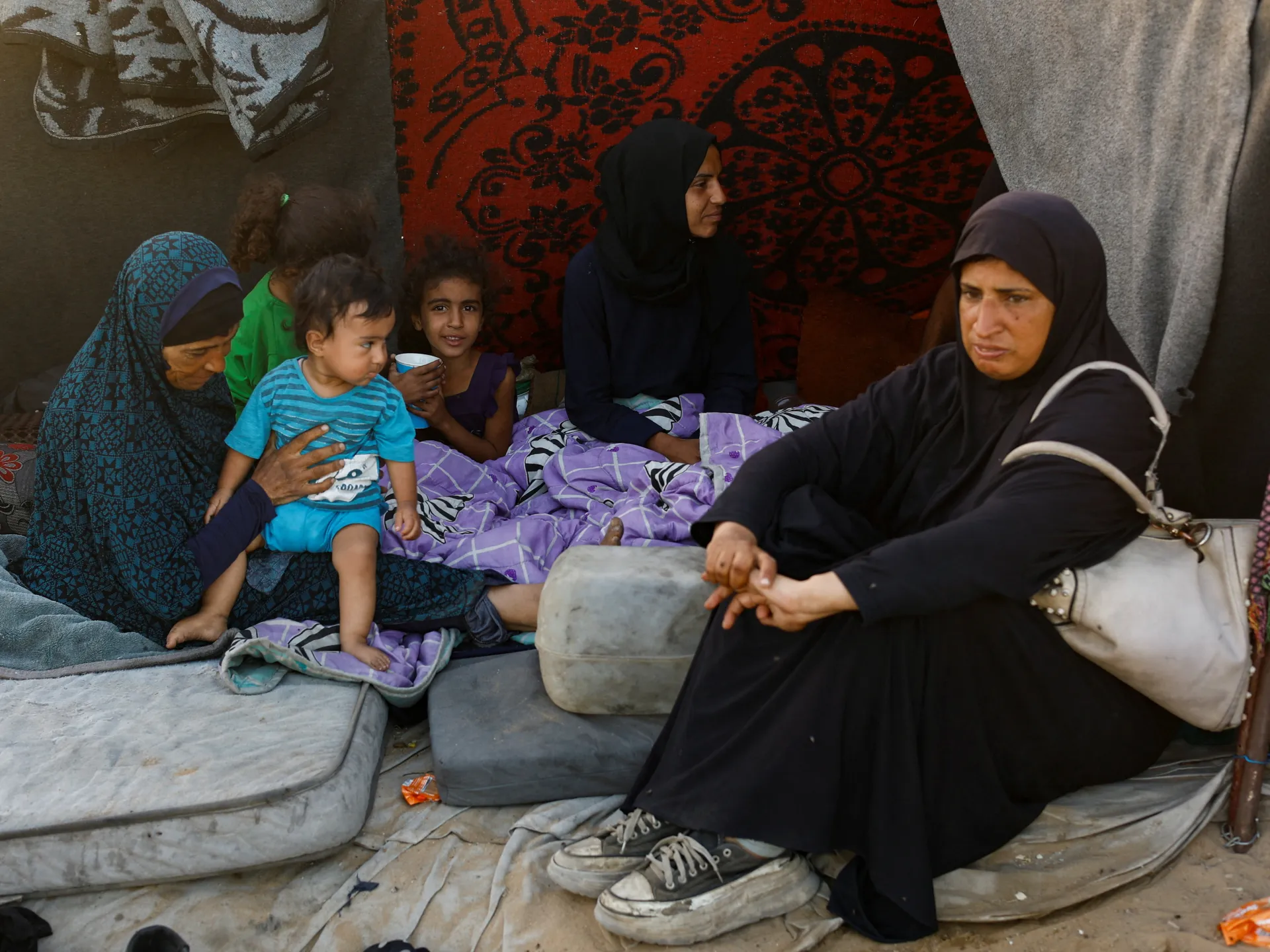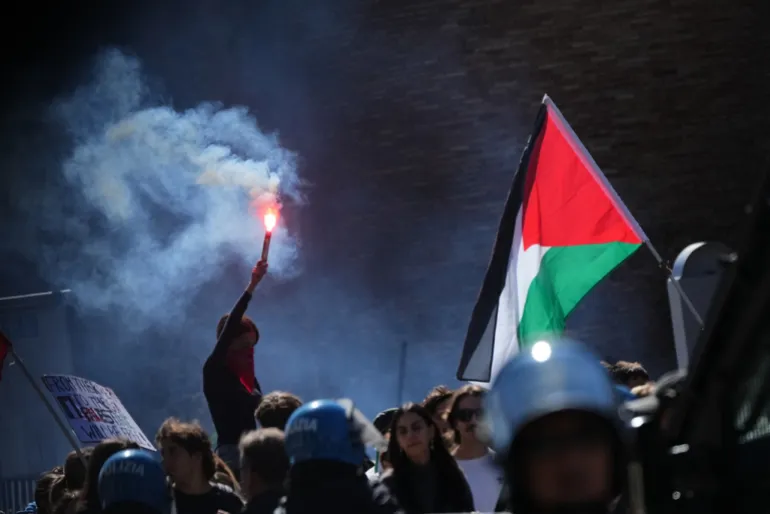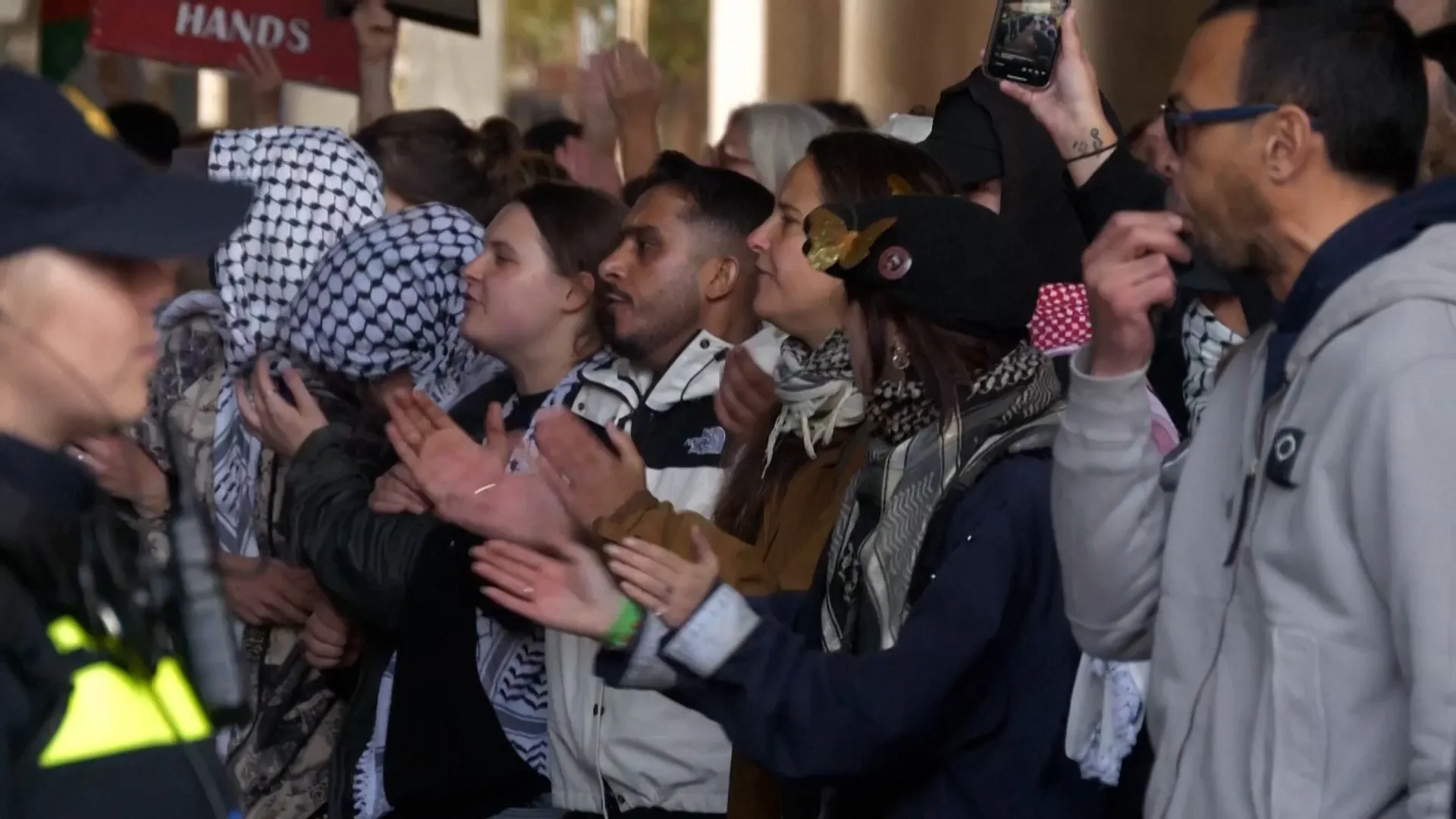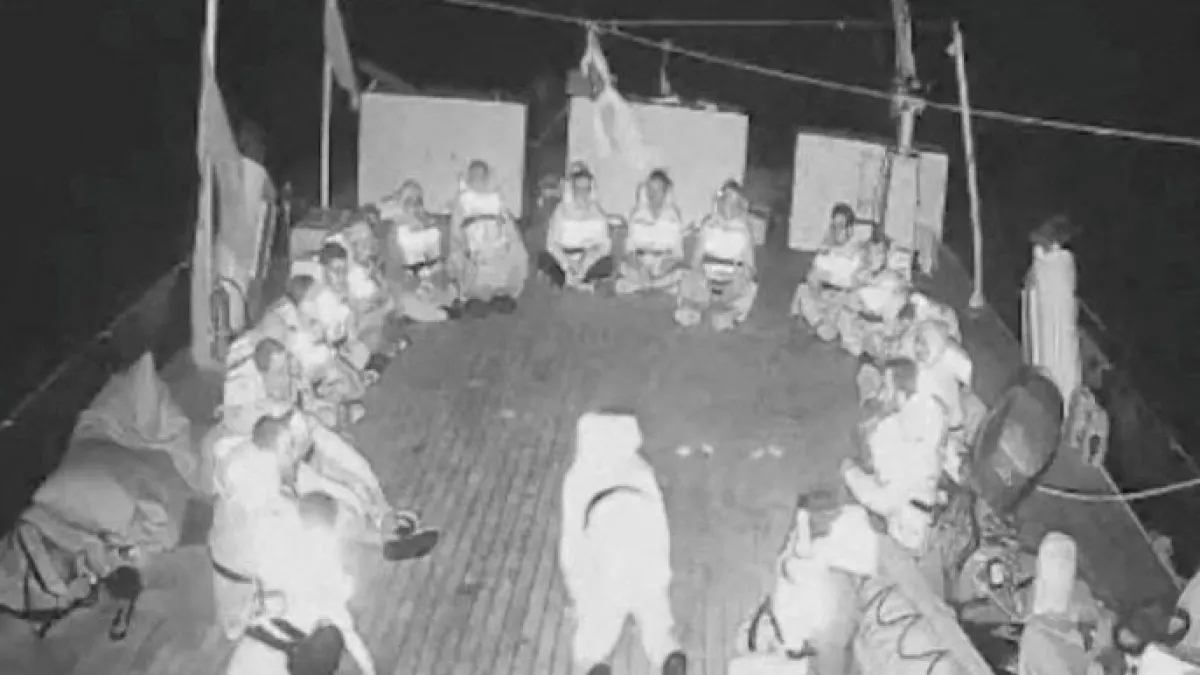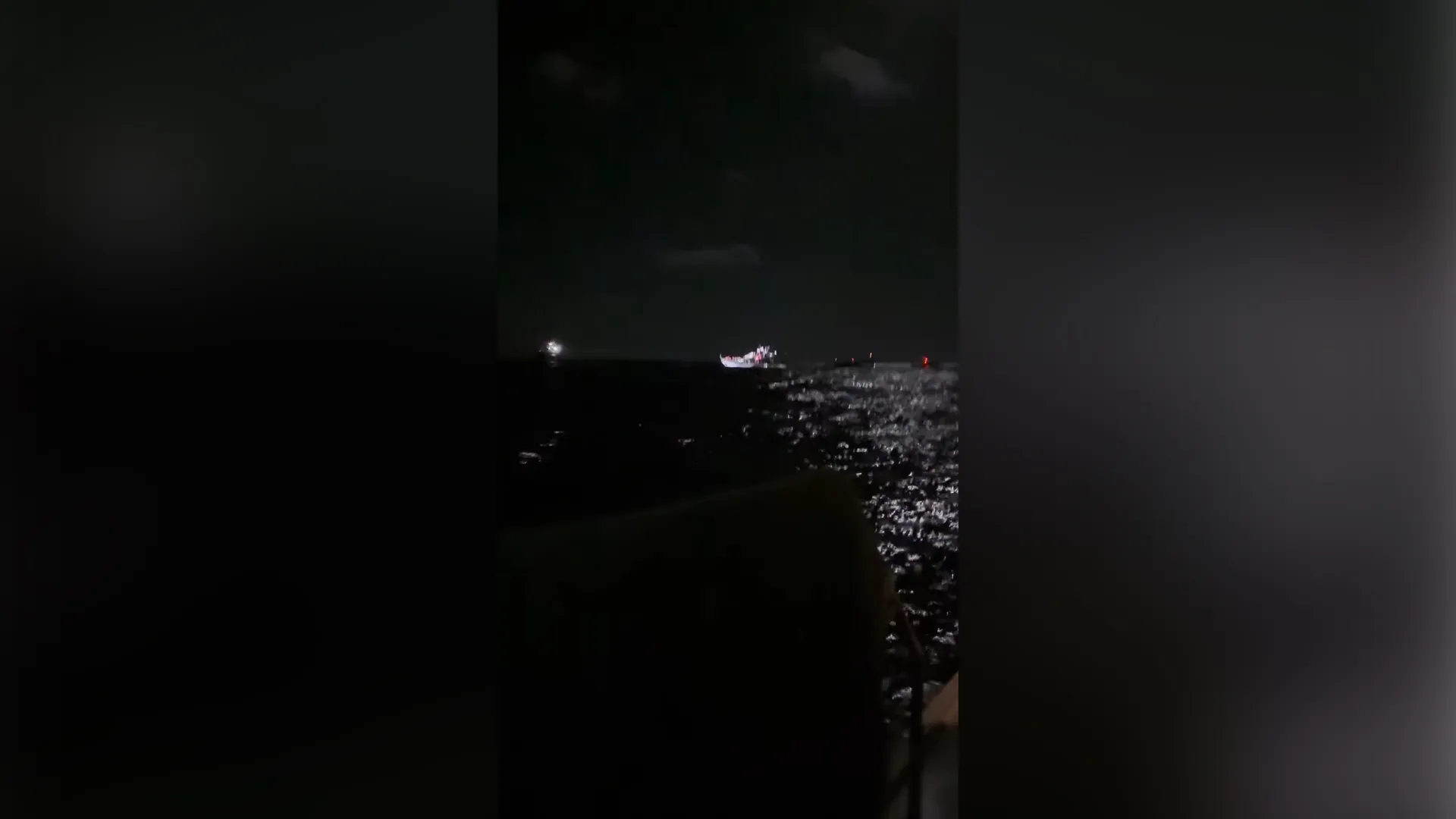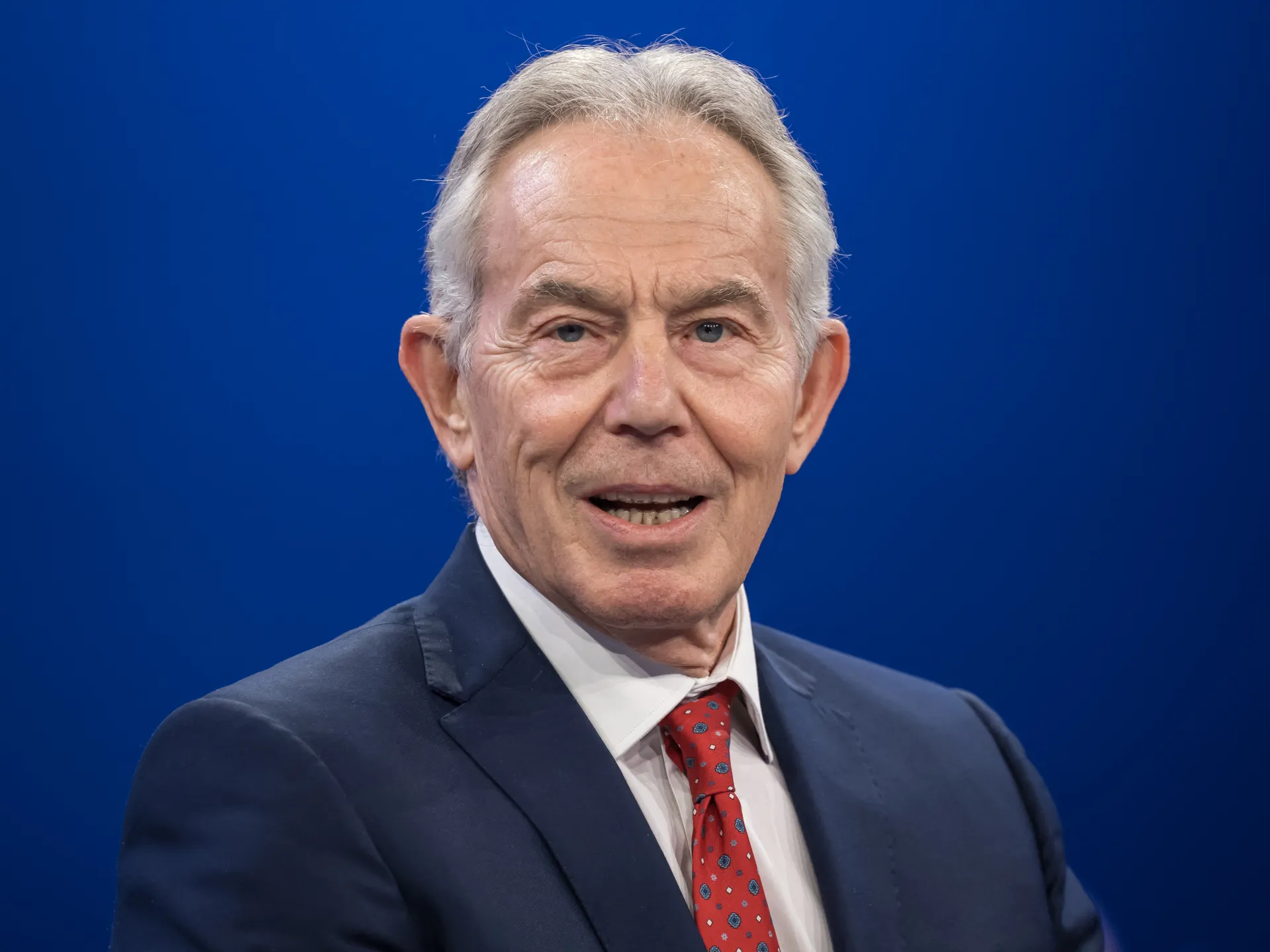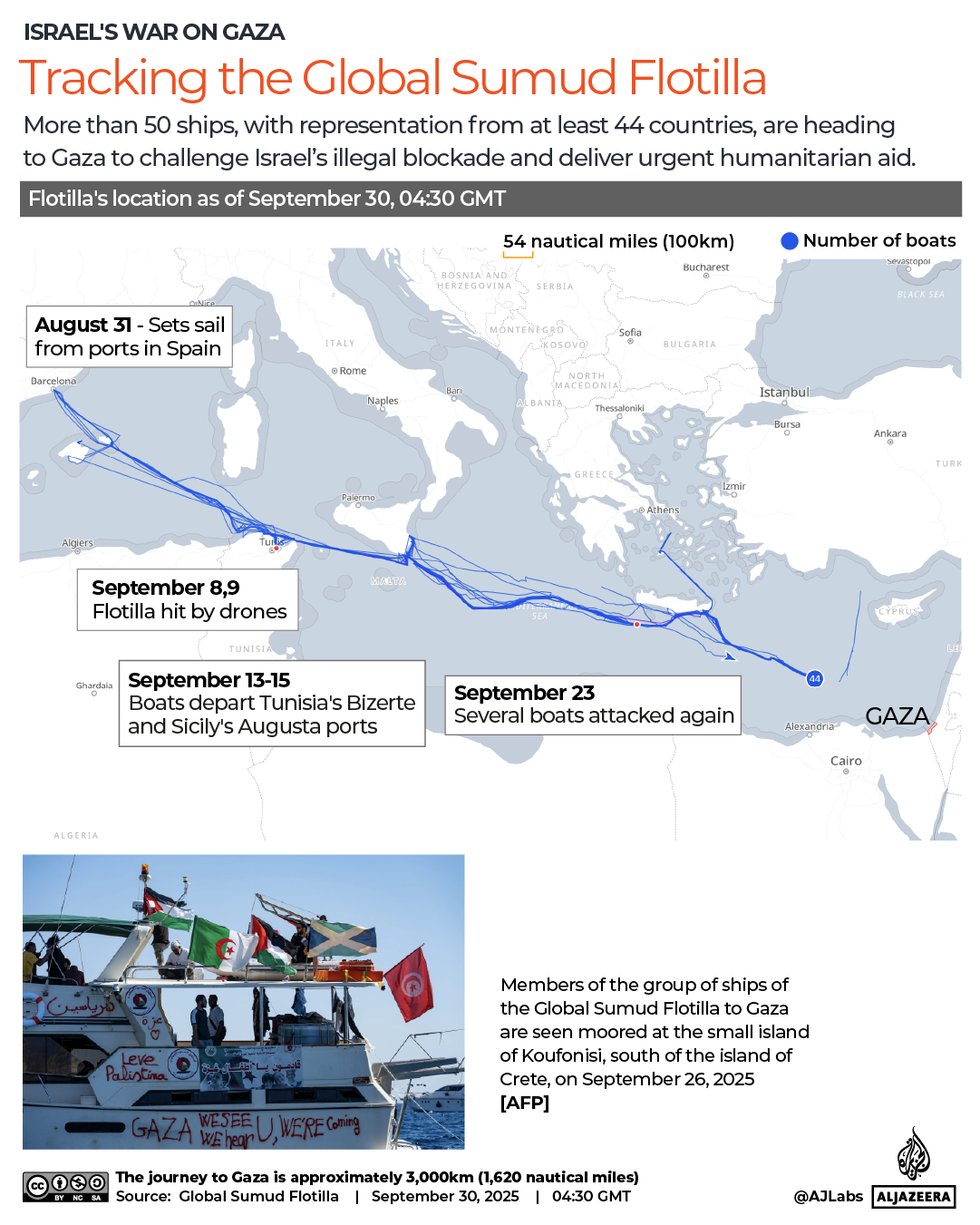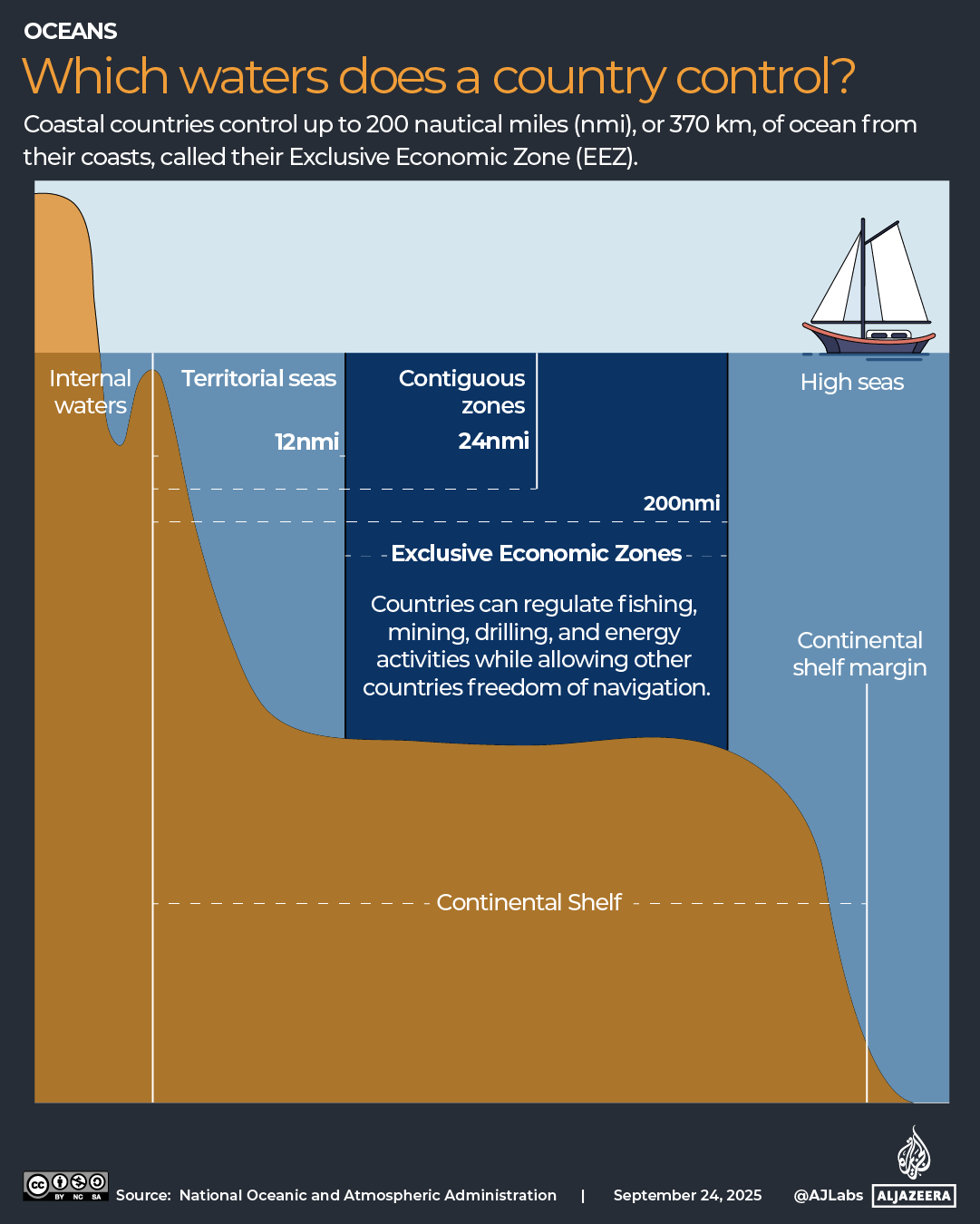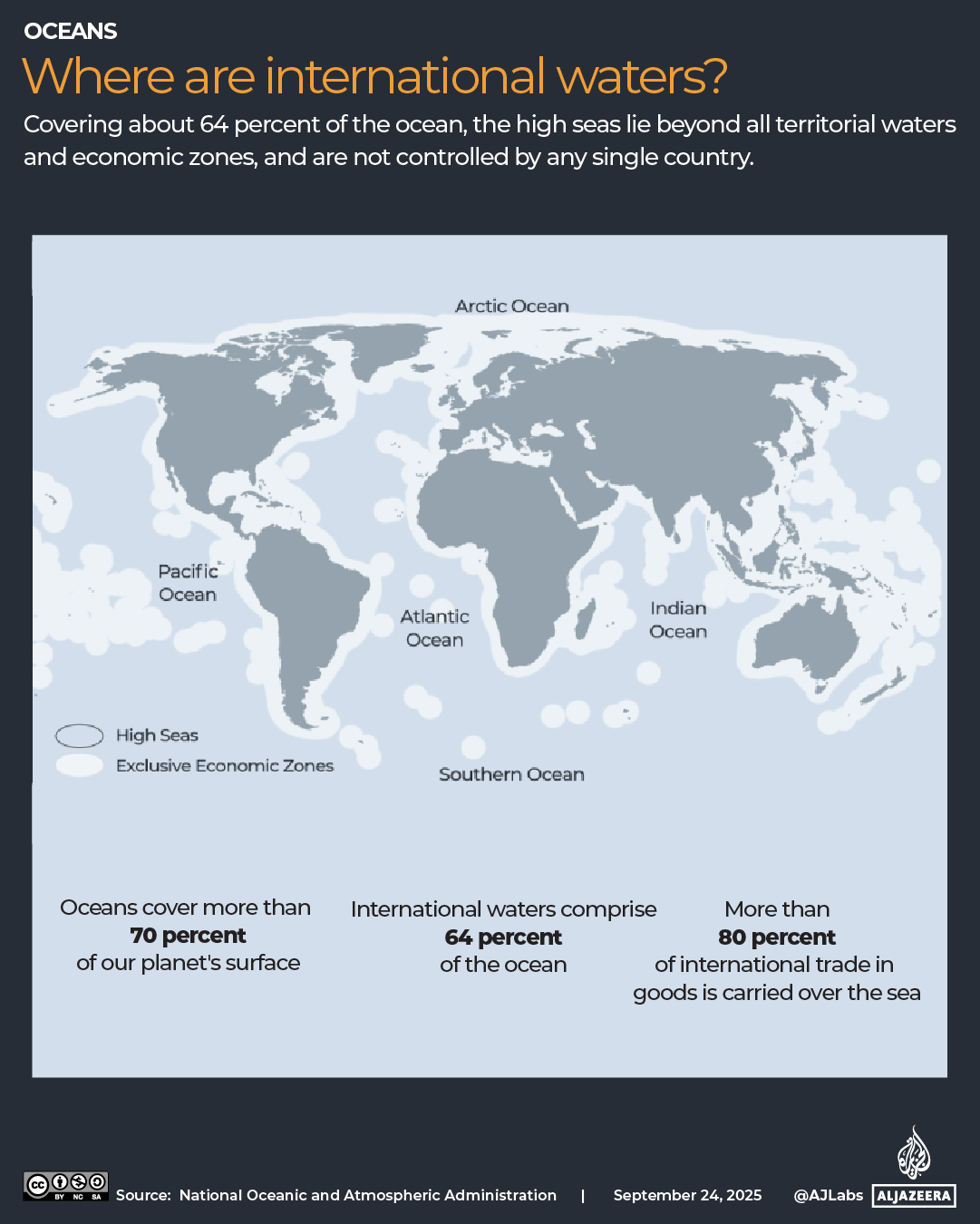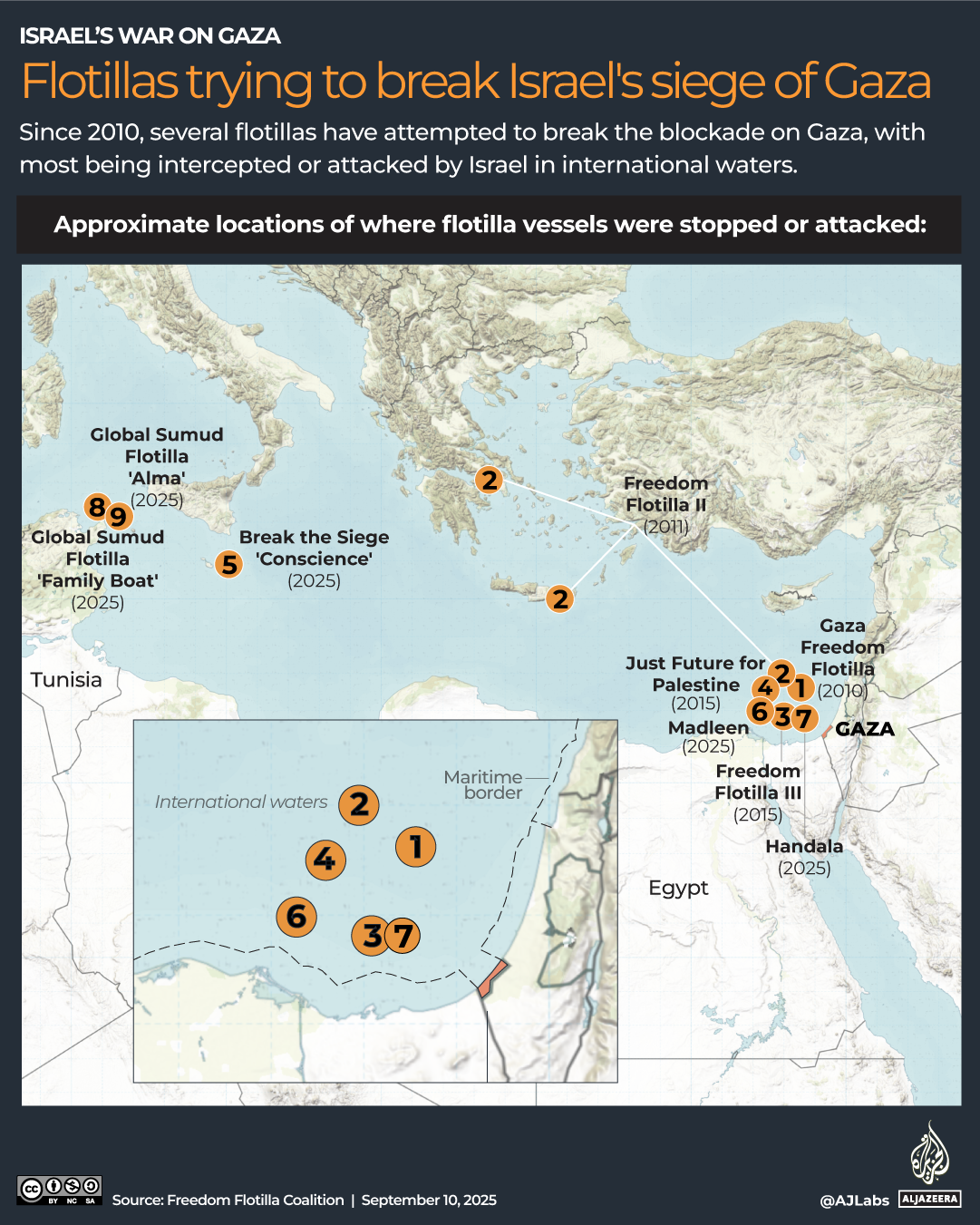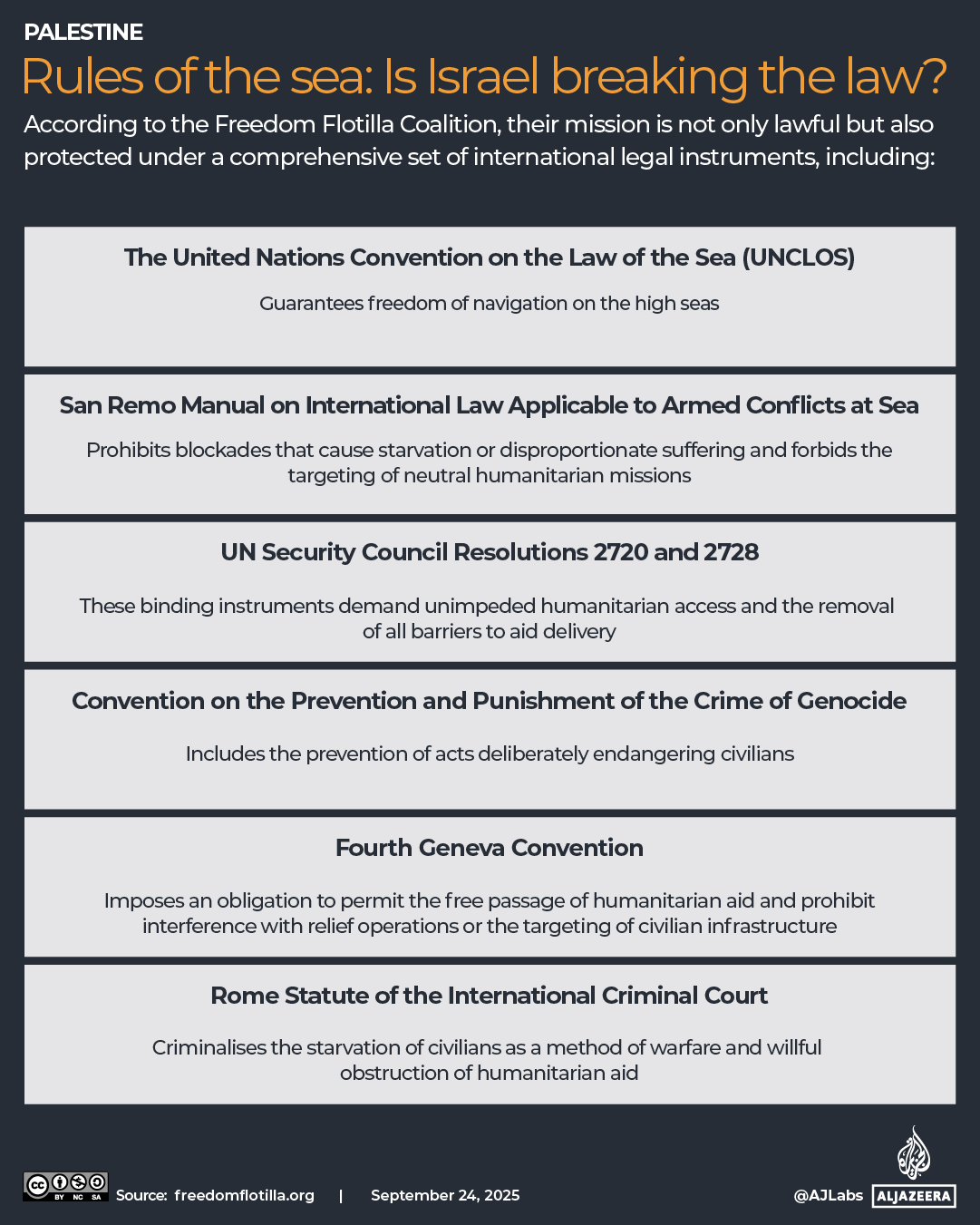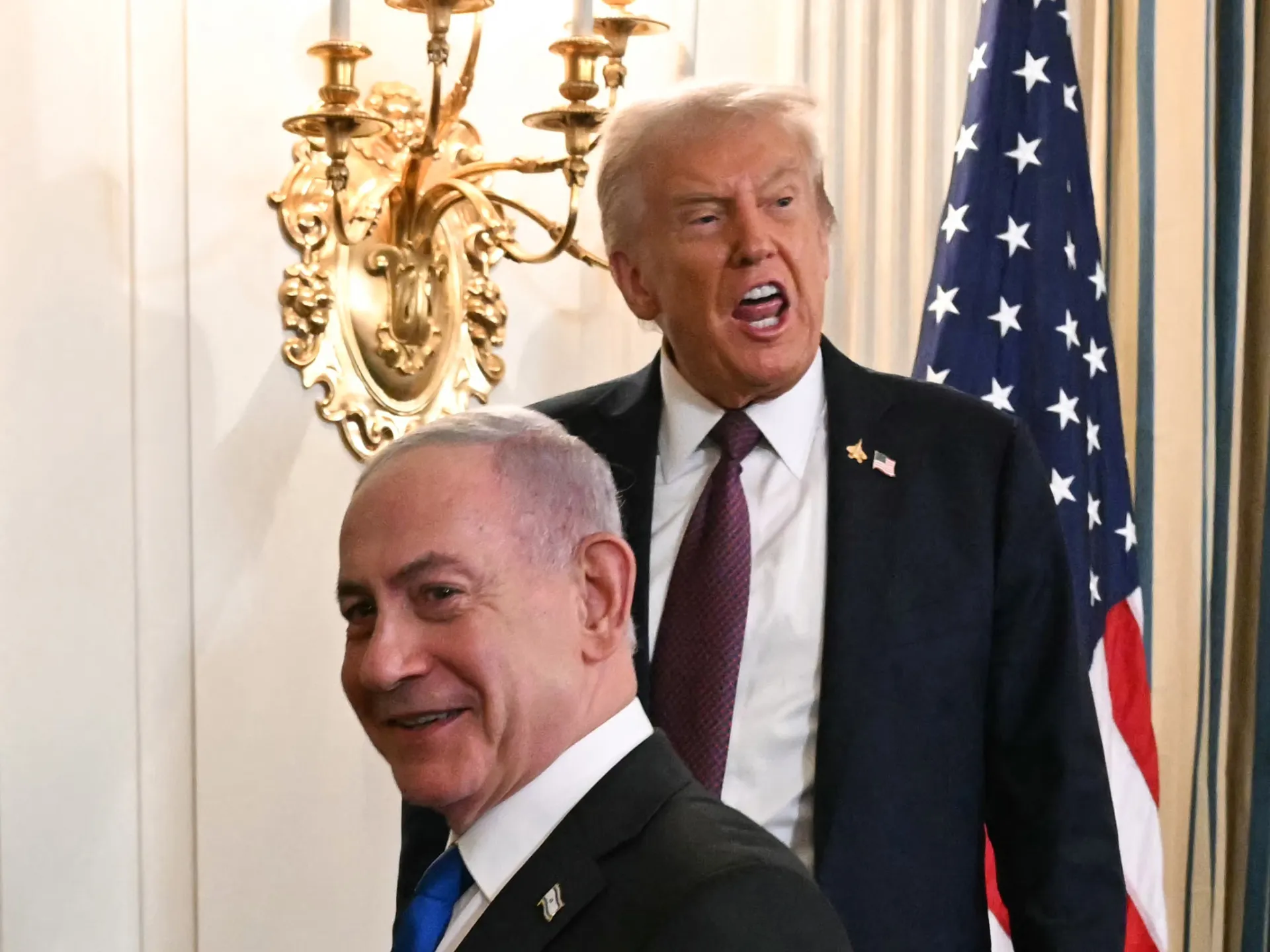Potential hurdles litter road as Israel and Hamas head to Gaza peace talks | Israel-Palestine conflict News
Delegations from Hamas, Israel and the United States are due to convene in Egypt for talks on US President Donald Trump’s proposal to end the war in Gaza.
Indirect negotiations between Israel and Hamas over the 20-point plan are due to begin in Egypt’s Red Sea resort of Sharm el-Sheikh on Monday.
The talks, which come on the eve of the second anniversary of the Hamas attacks on Israel that led to the war, have raised hopes that the devastating conflict, which has killed tens of thousands in Gaza, could soon end. But at the same time, there are plenty of potential obstacles to sealing a deal.
Trump has insisted that both sides are on board with his peace framework and has called for the negotiations to “move fast” in reaching an agreement.
Despite the failure of several initiatives to try to end the conflict, including two brief ceasefires that collapsed, the bombardment of Gaza, which has now killed at least 67,160 people, wounded 169,679, and pushed the enclave’s two million or so people towards starvation, Trump said “the first phase should be completed this week”.
In a post on his social media platform Truth Social, Trump said there had been “very positive discussions with Hamas” and other governments over the weekend “to release the Hostages, end the War in Gaza but, more importantly, finally have long sought peace in the Middle East”.
“These talks have been very successful, and proceeding rapidly,” he said. “I am asking everyone to move fast … time is of the essence, or massive bloodshed will follow.”
Israeli Prime Minister Benjamin Netanyahu also appeared to buoy expectations when he said the release of the 48 Israeli captives held by Hamas – 20 of whom are believed to be alive – could be announced this week.
Under the plan, Hamas would release the captives in exchange for the release of Palestinian prisoners held in Israeli jails.
Hamas has also agreed to give up power in Gaza, while Israel has agreed to withdraw its forces from the enclave.
Lacking details
However, numerous issues remain under the proposal, which lacks details.
There is no timescale given for the disarmament of Hamas, while a vague reference to the establishment of a Palestinian state has put many on both sides of the deal on edge.
Meanwhile, with the talks set to commence, Israeli forces have continued their assault in Gaza.
Seven people were killed on Monday morning, including three who were seeking humanitarian aid, according to Al Jazeera sources.
Nour Odeh, reporting for Al Jazeera from the Jordanian capital, Amman, said that, for all Trump’s comments talking up the prospects of the plan, significant obstacles remained.
“There are a lot of details that could potentially derail” the negotiations, she said.
Potential sticking points include Israel’s insistence that it wants all captives released at the same time within 72 hours.
It also wants to retain freedom to pursue Hamas, despite the withdrawal agreement, and insists that its withdrawal lines and timelines have already been set.
“All of these things need to undergo delicate talks,” she said.
Perhaps reflecting such doubts, the Israeli media reported on Monday that the negotiation process would now begin with Hamas representatives speaking with mediators, with Israeli and US representatives not participating until Wednesday.
Trump has demanded that Israel stop bombing Gaza so that the talks can play out, but strikes have continued across the territory.
Israeli government spokesperson Shosh Bedrosian told reporters on Sunday that the military would continue to act for “defensive purposes” and that there was no ceasefire in place.
Speaking on ABC’s This Week, US Secretary of State Marco Rubio described two phases that would occur once Hamas accepted Trump’s framework.
First, the Israeli captives would be released by Hamas, and then Israel would pull back in Gaza to the “yellow line”, where its military was positioned in August.
Rubio said Hamas should release captives as soon as they were ready, and that Israel’s bombardment needed to end so they could be released.
Hamas’s future a sticking point
The question of Hamas’s future also looms as a major potential obstacle.
Trump’s plan calls for Gaza’s demilitarisation and rules out any future governing role for Hamas, though it allows its members to remain if they renounce violence and disarm.
Hamas has responded positively to the plan, saying it was ready to negotiate the captives’ release, and form part of a “Palestinian national framework” that would shape Gaza’s future.
However, the prospect of Hamas remaining in any form has enraged Netanyahu’s far-right coalition allies. They have threatened to topple the government over the issue.
“Alongside the important goal in and of itself of releasing the hostages, the central goal of the war, which stems from the October 7 massacre carried out by Hamas monsters, is that the terrorist organisation Hamas cannot be allowed to remain in existence,” National Security Minister Itamar Ben-Gvir said in a social media post.
He said he and his party, Otzma Yehudit, had told Netanyahu that they would quit the government if Hamas continued to exist after the captives’ release.
“We will not be part of a national defeat that will bring eternal shame to the world, and that will become a ticking time bomb for the next massacre,” he said.
However, Yair Lapid, leader of the opposition, on Sunday offered to lend Netanyahu’s government support to prevent a collapse at the hands of his “extremist and irresponsible partners” while the plan is negotiated.

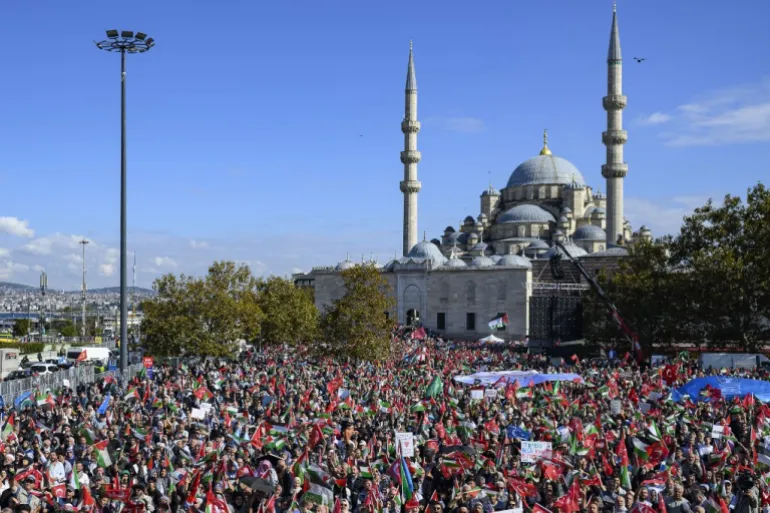
![Thousands of people marched through central Barcelona on Saturday in solidarity with Gaza, calling for an end to the arms trade and all relations with Israel on October 04, 2025. [Lorena Sopena/Anadolu Agency]](https://www.occasionaldigest.com/wp-content/uploads/2025/10/AA-20251004-39310558-39310542-OVER_70000_MARCH_IN_BARCELONA_FOR_GAZA_ORGANIZERS_CLAIM_300000-1759655.webp)
